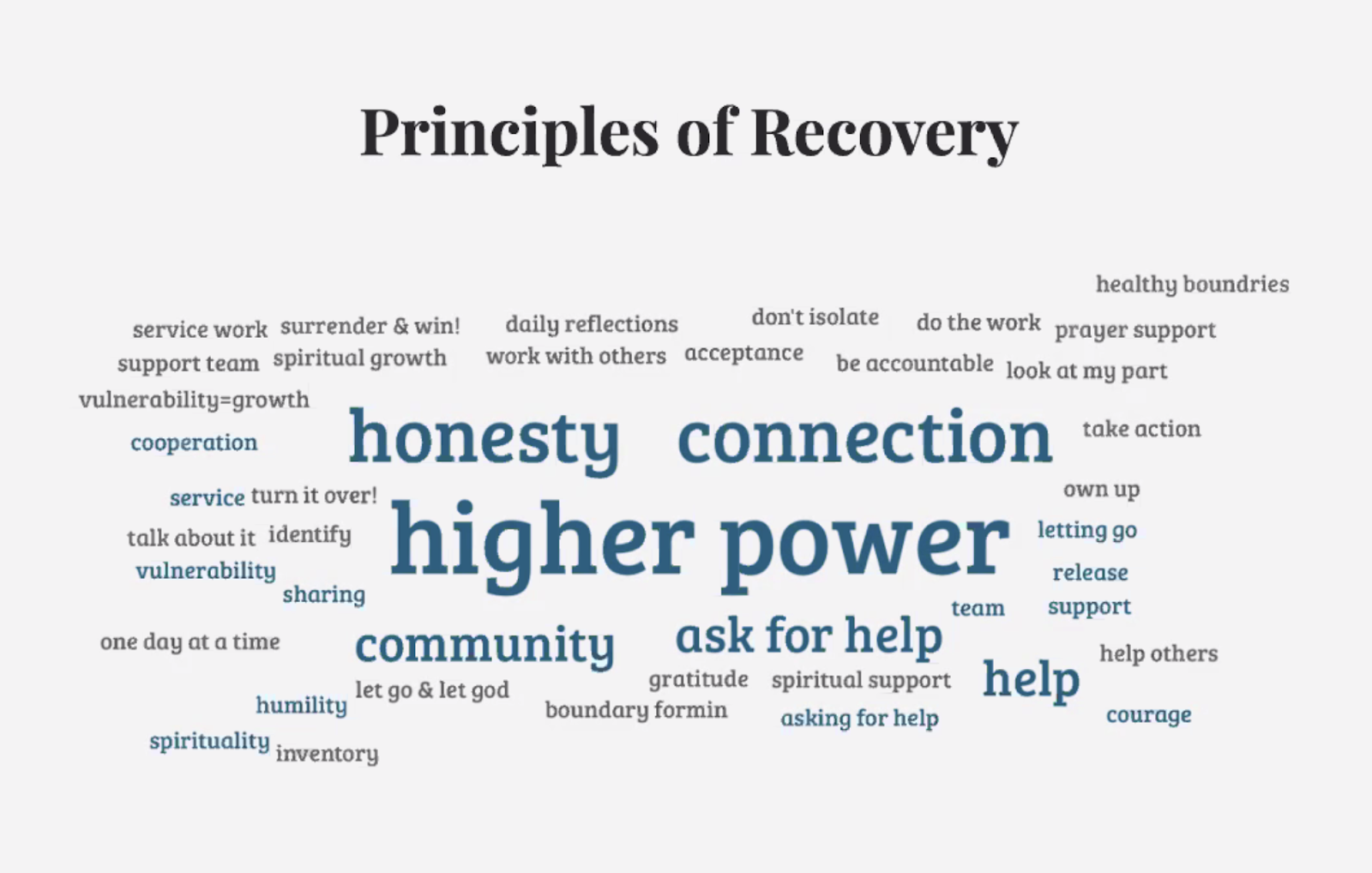“Men are more likely than women to use almost all types of illicit drugs, and illicit drug use is more likely to result in emergency department visits or overdose deaths for men than for women,” according to the National Institute on Drug Abuse. “For most age groups, men have higher rates of use or dependence on illicit drugs and alcohol than do women.”
Men face different expectations than women in our society, and this can have an impact on their mental health and their substance use. Should men develop a substance use disorder (SUD), therapy must address all their psychological needs to be effective.
In a recent webinar for Harmony Foundation, experiential therapist Richard “D.J.” Bishop LPC, LAC, explored the paths to recovery for men. People identifying as male are often hampered by what Bishop called “man rules”—harmful socialized beliefs of masculinity, including “no crying, minimize feelings, don’t ask for help, be tough, work hard, must have control.”
Pressure on young boys and men to prove their masculinity to their peers in our culture can cause stereotypical expectations of masculinity in them with far-reaching consequences. One of those “man rules” is to be able to “hold your liquor like a man,” creating social pressure to drink alcohol in order to avoid the appearance of weakness.
“By helping men dismantle the ‘man rules,’ we can enable them to practice the principles of recovery,” said Bishop. Those principles are the polar opposites of toxic masculinity, and they include asking for help, connection, vulnerability, humility, gratitude, and spiritual support.

Treatment for men with SUD involves building a bridge from toxic man rules (isolation, competition, fear) to the principles of recovery on the other side (connection, compassion, courage). On this journey of self-discovery (Who am I?), clients need to reconnect with true values.
Bishop likes to do specific exercises to achieve that. In one exercise, he asked clients to identify a strong connection from life before addiction to introduce a version of the client before he became addicted. In another, Bishop asks clients to create a trauma timeline since trauma is frequently an underlying driver of addiction. Another recovery task may be to create a “social atom”: The client draws a shape that represents himself. He then uses different shapes to represent different relationships in his life.
Clients also explore sexual intimacy (safety, trust, honesty, and caring) and what it isn’t, namely mechanical sex to numb emotional pain.
Finally, clients also explore their spirituality. “Spirituality has been defined as an expression of the transcendent ways in which to fulfill human potential,” Sebastian Salicru recently wrote in Psychology Today. “Spirituality is a recognized psychological construct that is different from religiosity and has transcultural applicability.” For Bishop, it’s about stepping outside the self to embrace intuitive understanding and unconditional love.
Spirituality is about investigating how we are connected to lives and powers beyond ourselves. It’s about understanding our rightful place in the world—a strong aspect of true recovery.
Harmony Foundation is one of the longest-running and most successful addiction treatment centers in the world. If you or a loved one are struggling with alcohol or drug addiction, or you have questions about our programs, call us today at (866) 686-7867 to get the help needed as soon as possible. Our experienced staff is available 24 hours a day, seven days a week.

